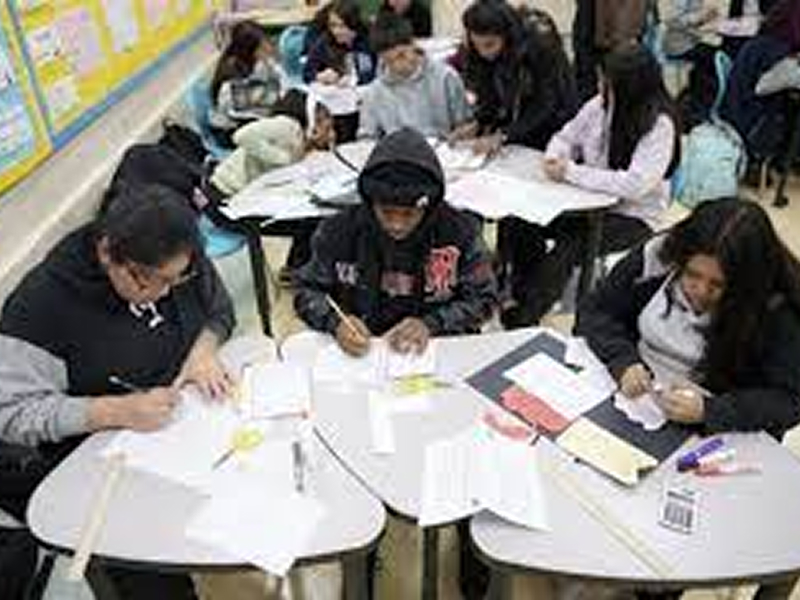High school seniors in the United States are experiencing steep declines in math and reading performance. With average scores at their lowest levels in over two decades, the issue is a serious cause for concern, especially among teachers and policymakers.
Findings from the National Assessment of Educational Progress (NAEP) indicated that 32% of 12th-grade students now perform below basic reading achievement levels, compared to 20% in 1992. Meanwhile, only 35% of seniors demonstrated proficient reading skills in 2024, down from 37% in 2019 and 40% in 1992. Similarly with math, only one-third of seniors performed at a level showing college readiness, compared to 37% in 2019.
“Despite spending billions annually on numerous K-12 programs, the achievement gap is widening,” said Education Secretary Linda McMahon.
There are several factors causing the downward trend. The COVID-19 pandemic significantly disrupted education and led to severe knowledge gaps. Changes in technology use and the way students consume information have also played a role.
However, CSArts-SGV Principal Nicole Read cautions against viewing test scores as the end-all be-all.
“There is so much going on right now, socially and emotionally, so I can see why students are struggling. I’m not surprised because scores have been on the decline for a long time, and this is just a continuation of that, unfortunately,” Read said.
Although important for determining academic readiness, parents and students should not only focus on standardized test scores to define their self-worth.

 Day In the Life Of A Stage Manager
Day In the Life Of A Stage Manager